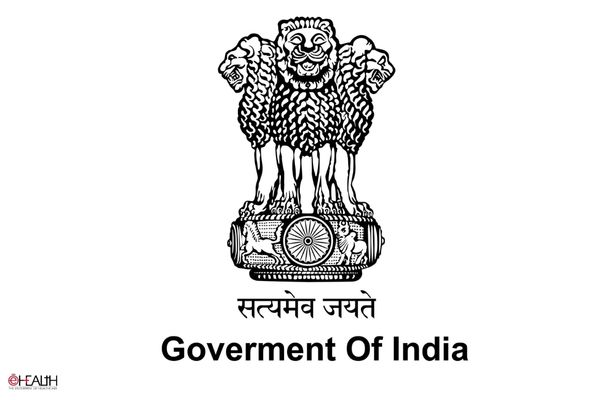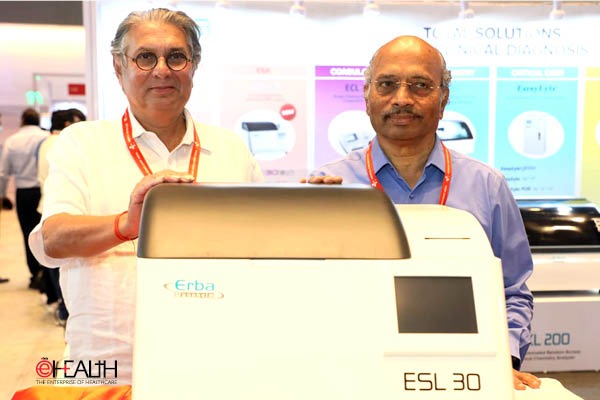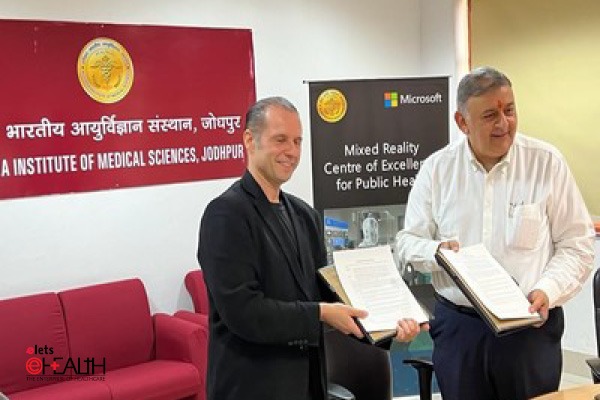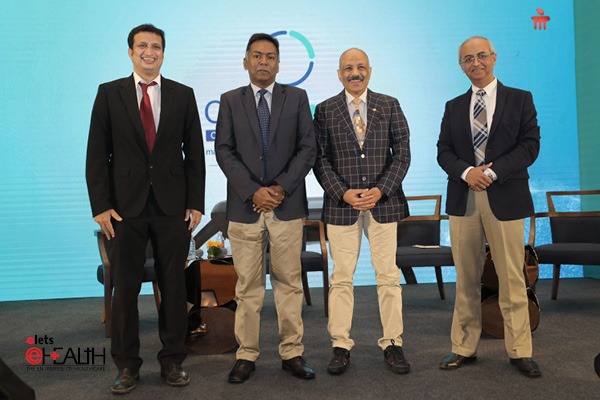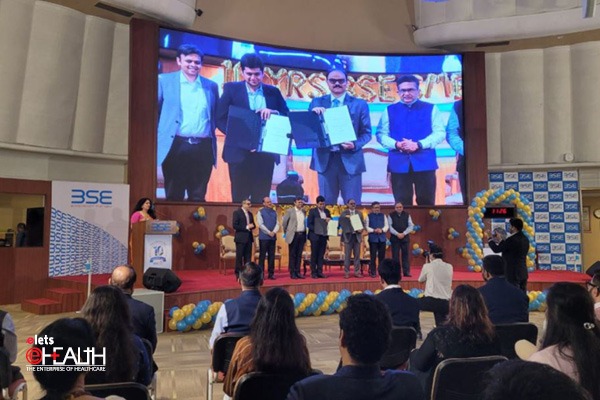Harvard scientists test device for medical testing in India
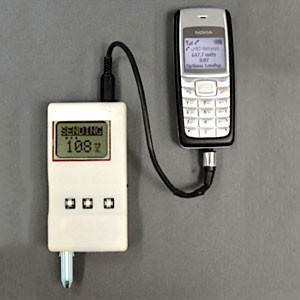 Harvard scientists are testing a compact, inexpensive handheld device to monitors diabetes, detect malaria and environmental pollutants in India.
Harvard scientists are testing a compact, inexpensive handheld device to monitors diabetes, detect malaria and environmental pollutants in India.
About the size of a pack of cigarettes, the device is modelled after the popular glucose monitoring devices, but has more functions.

It can send data over low powered phones as well as text instruction to researchers, government officials tracking outbreaks, and others.

Currently, the device used to detect malaria and monitor diabetes are large and bulky, and often require chemical reagents and other laboratory instruments while testing. The device needs reagent in ver small quantities, and uses vibrations to mis the samples, thus negating the use of mixers.
However, the device’s most innovative feature is its communications method, wherein the device converts the medical data into audible tones through a customized software. It is then sent over mobile phones like a regular phone call to a physician, database, or other recipient.

post_id:
uld_count:
Cookie not set
Value 1: 0
Value 2: 10





